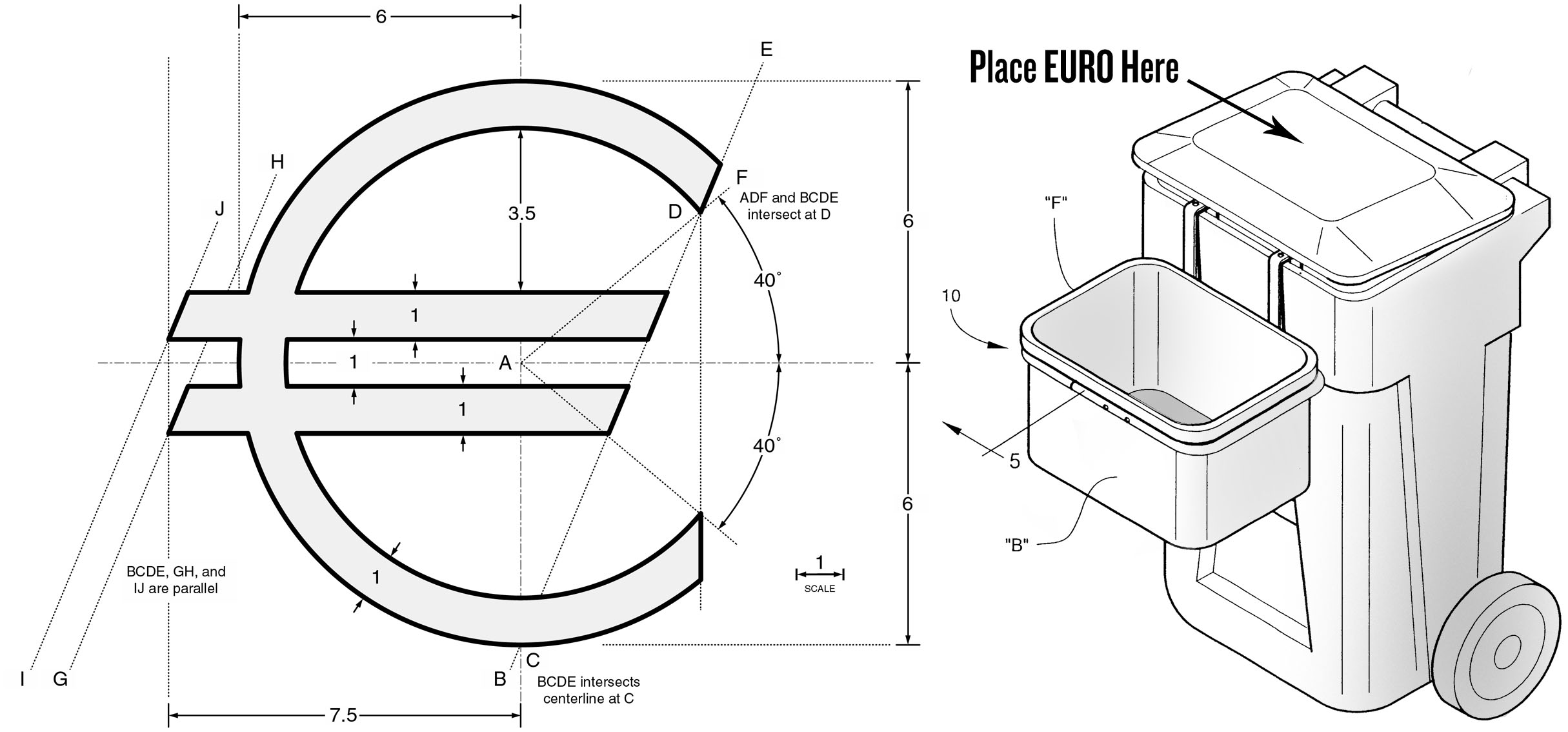This morning The Wall Street Journal published an unflinching survey of the European economic crisis and predicts that the euro is leaning ever closer to an almost certain collapse because of some troubling developments that arose last week.
From a God’s eye view, it appears the cost of saving the euro has just risen dramatically and the countries with the bailout cash have had enough. There is now an undeniable critical mass of investor dissatisfaction with the most recent bail out of Greece and it’s made even worse by the fact that the bond yields of both Spain and Italy have come under attack (NOTE: confused about “bond yields”? FEELguide was too: CLICK HERE to learn what it is). Spain and Italy are furious about how small these yields are, but they did absolutely nothing about it as for as monetary policy is concerned. Then the European Central Bank came in and threw gasoline on the fire by making the matter even more volatile by raising interest rates which means Spain and Italy are beyond furious (i.e. try and picture a Spaniard and an Italian running through the streets screaming, jumping, bitching, moaning, with red faces and steam coming out of their ears). ECB president, Jean-Claude Trichet, tried to calm the markets down by boosting the market liquidity a little bit, and resurrecting the bank’s old policy of supporting the bonds of peripheral debtors. But this had about the same effect as throwing a glass of water at a forest fire.
The euro tanked, yet Mr. Trichet refused to admit his bank’s rate rise last month was a huge mistake, and in spite of the higher debt costs for Italy and Spain, the ECB did not even buy the bonds of these two countries. Later on, several ECB members including Bundesbank were opposed to buying the bonds of Portugal and Ireland, and this highlighted just how “out of touch” the ECB is with market pressures and the growing fears that this newest global economic crash will force a default. Adding to this the fact that the Eurozone’s richest nation, Germany (which has a $3.3 trillion annual GDP — you can see the full GDP rankings of every major country HERE), is drawing the line on any more bailouts (Chancellor Angela Merkel is hemorrhaging political support with each of her bailouts for Greece, Ireland, and Portugal).
Financial markets worldwide are starting to count losses that are at the scale of the 2008 Lehman crisis which came perilously close to throwing the world into another Great Depression (NOTE: during the 2008 meltdown, United States Treasury Secretary Hank Paulson — who was also a former Chairman and CEO of Goldman Sachs — was witnessed dry-heaving several times in both White House and Capitol Hill meetings because he was so terrified the global economy was about to explode, sending us back to the dark ages. Paulson was receiving phone calls from every President, Prime Minister, King, and CEO in America and around the world asking him, “Is this the end?” We were that close, ladies and gentlemen). As this new meltdown is going on, experts, including The Wall Street Journal, believe the chances of the euro’s survival are falling dramatically.
In order to save the euro, the ECB has to prove to investors they will stand 100% behind the debts of Italy and Spain — and even provide bailouts to them as well if needed. The ECB will also have to provide reassurance that despite their inflation-fighting mandate, the central bank will also take the growth prospects of the euro zone into account, because without this the debt problems of the peripherals will once again go awry. But the WSJ predicts that won’t even be close to enough either. The euro’s growth is crazy-glued to the growth of the global economy; and in order for the global economy to grow, the Unites States’ economy must grow. If this fails, the euro will almost certainly collapse. Investors will now be watching the U.S. Federal Reserve, Germany, and the ECB like a hawk watching for any indication from these three that they’re willing to prove the euro is still viable. But there’s growing concerns that it may already be too late.
 Source: The Wall Street Journal
Source: The Wall Street Journal

